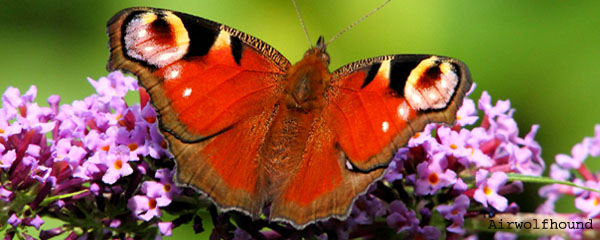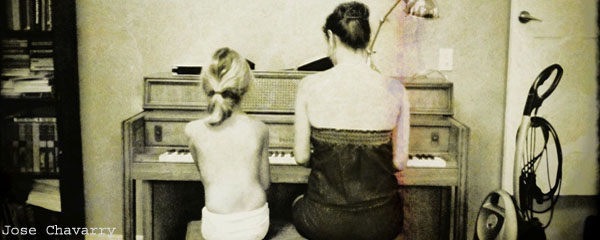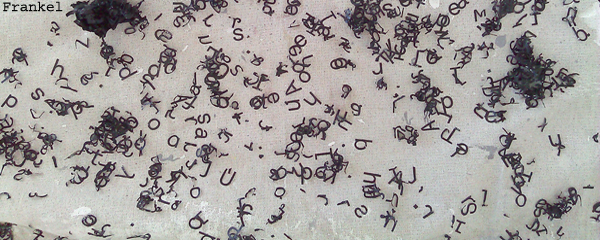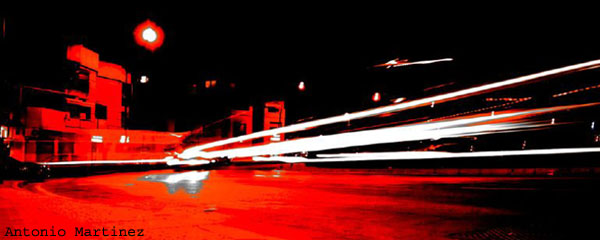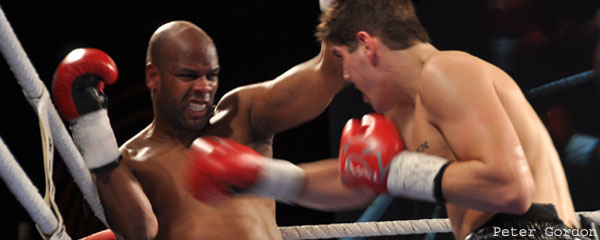‘It is not often that a modern writer achieves the dubious honour of having an adjective coined as a result of their work. But a word has been added to our lexicon in the case of J. G. Ballard…’ DREW WHITTET explores the development of Ballard’s science fiction short stories.
STEPHEN DEVEREUX sees the modern world reflected in Joseph Conrad’s tragic story of a shipwrecked migrant: A lesser writer might have been content with the telling of a story of how a poor uneducated girl overcomes the xenophobia of a rural community, but Conrad has only just begun.
JENNIE RYAN gives a taste of Ian McEwan’s short story ‘Butterflies’, from his collection First Love, Last Rites: ‘Ian McEwan powerfully evokes both the desolation of the urban landscape of London in the early 1970s and its equally emotionally desolate inhabitants.’
TESS ST.CLAIR-FORD finds the life of Carson McCullers reflected in her remarkable short stories: ‘It is the themes of “love and aloneness” that are the defining bedfellows of McCullers’ stories. Always present in McCullers’ work is an overwhelming sense of sadness, of place, of loss and of threads left untied…’
TIM LOVE explores the ground-breaking stories of Lydia Davis and finds that her writing defies easy categorisation: ‘Davis sometimes isolates a sentence or idea, removing it from its context, a concept that’s analogous to placing it on a plinth in the white-space of an art gallery.’
ALEX RUCZAJ explores the shapes and patterns of story writing: ‘In Kurt Vonnegut’s wonderful lecture on the shapes of stories, he draws curve after curve on his blackboard, showing the story arc – the ‘beautiful shapes’ that all traditional stories follow…’
K.S. DEARSLEY has a closer look at Samuel Beckett’s modernist short story ‘Ping’: ‘Prentice called ‘Echo’s Bones’ a ‘nightmare’ and when I first picked up ‘Ping’ I felt pretty much the same way. But the trick to appreciating this story is a simple one…’
EMILY BULLOCK experiences the shock of connection in the writing of F.X. Toole: ‘During my research I was constantly asked the question, Why Boxing? And my reply was: Have you ever read Rope Burns?’
MARJORIE LEWIS-JONES recommends the short stories of Australian author Mark O’Flynn: ‘His short stories simmer with suburban uneasiness, dislocation and melancholy, and voices that are both familiar and eccentric. They also tap the rich vein of comedy that lurks beneath life’s awkward and painful moments…’
LYNDA NASH guides us through a selection of exercises to battle those writing demons: ‘It’s difficult to write when your inner critic is telling you that your ideas are stupid, that you couldn’t string a decent sentence together to save your life, and that if you were a ‘proper writer’ you wouldn’t get blocked in the first place…’


